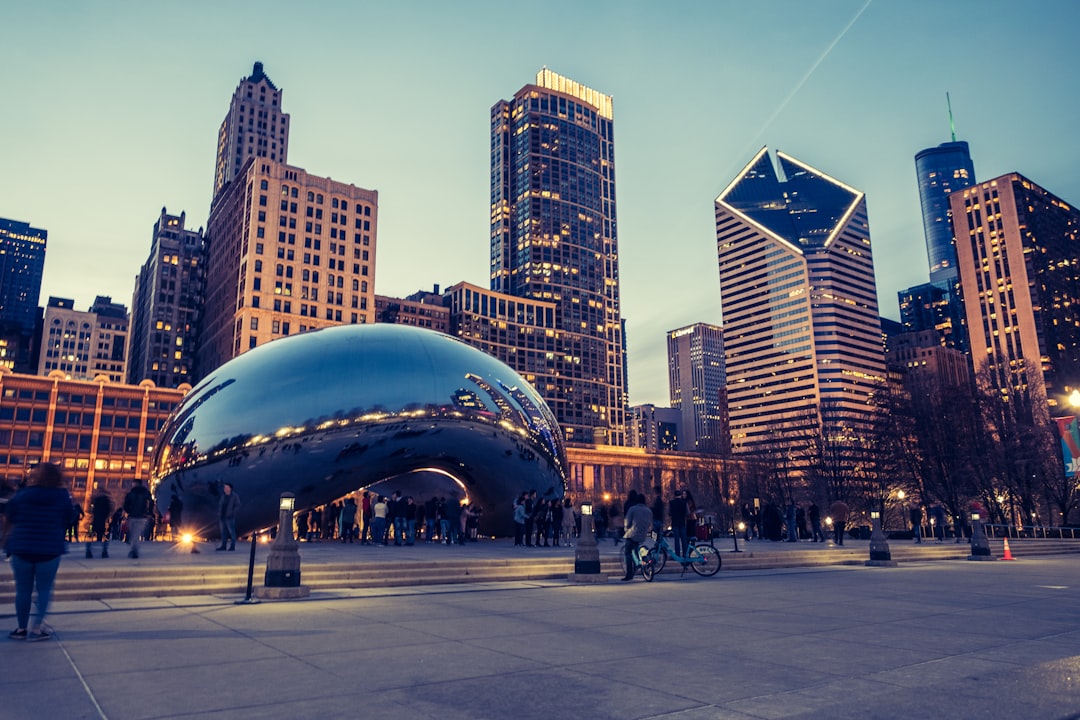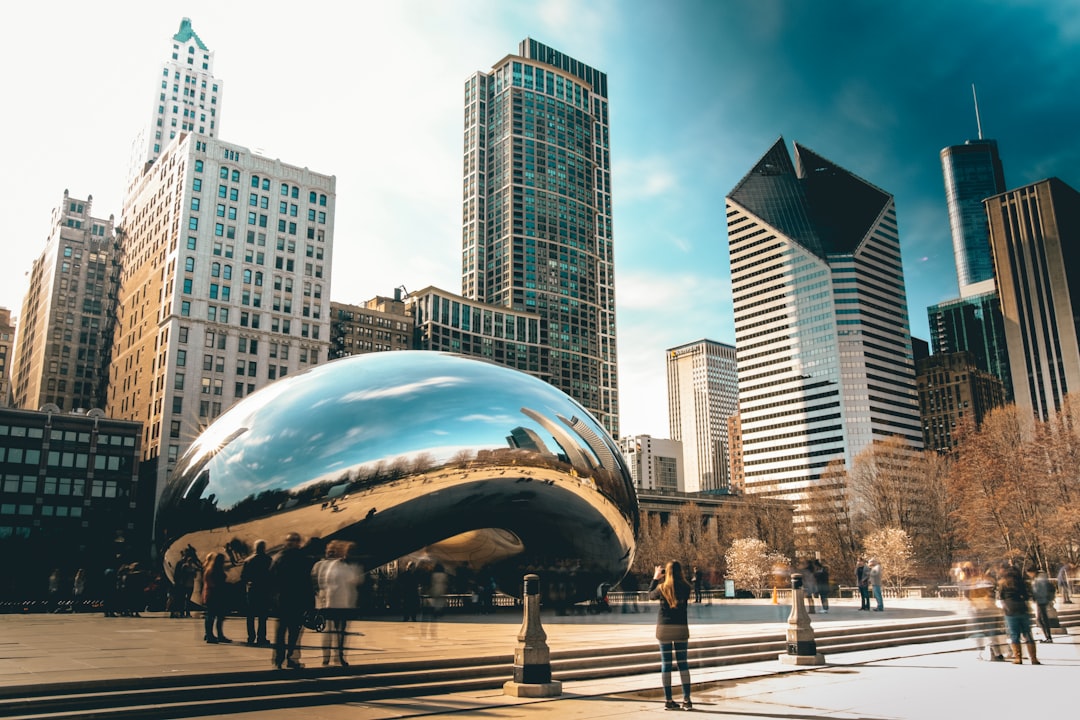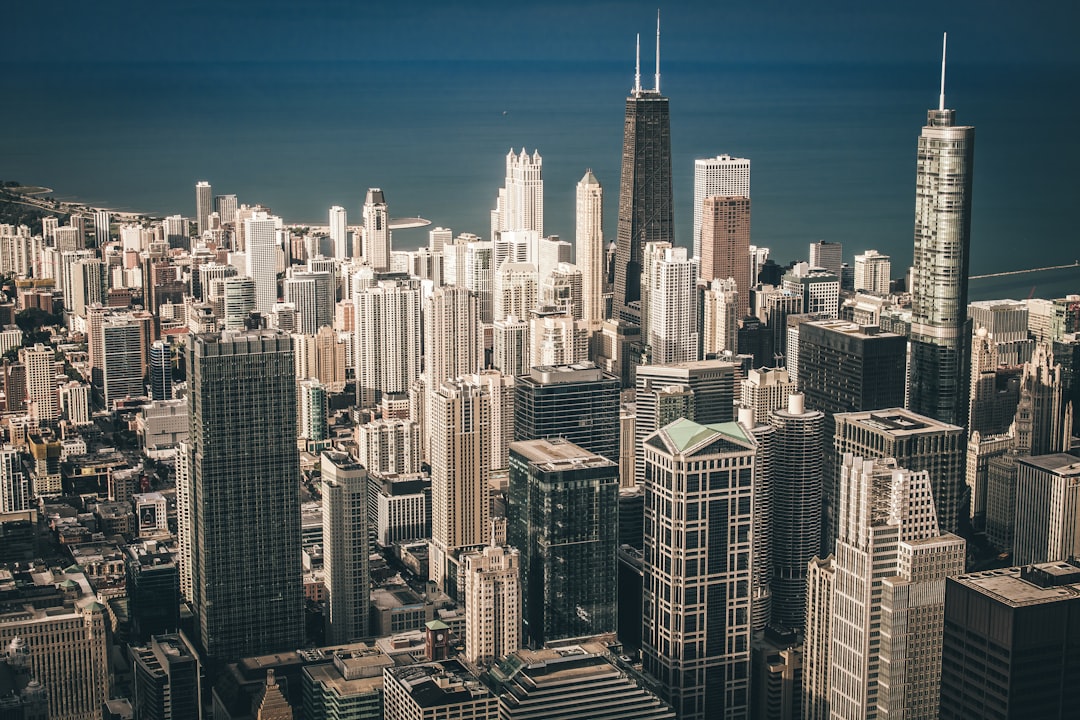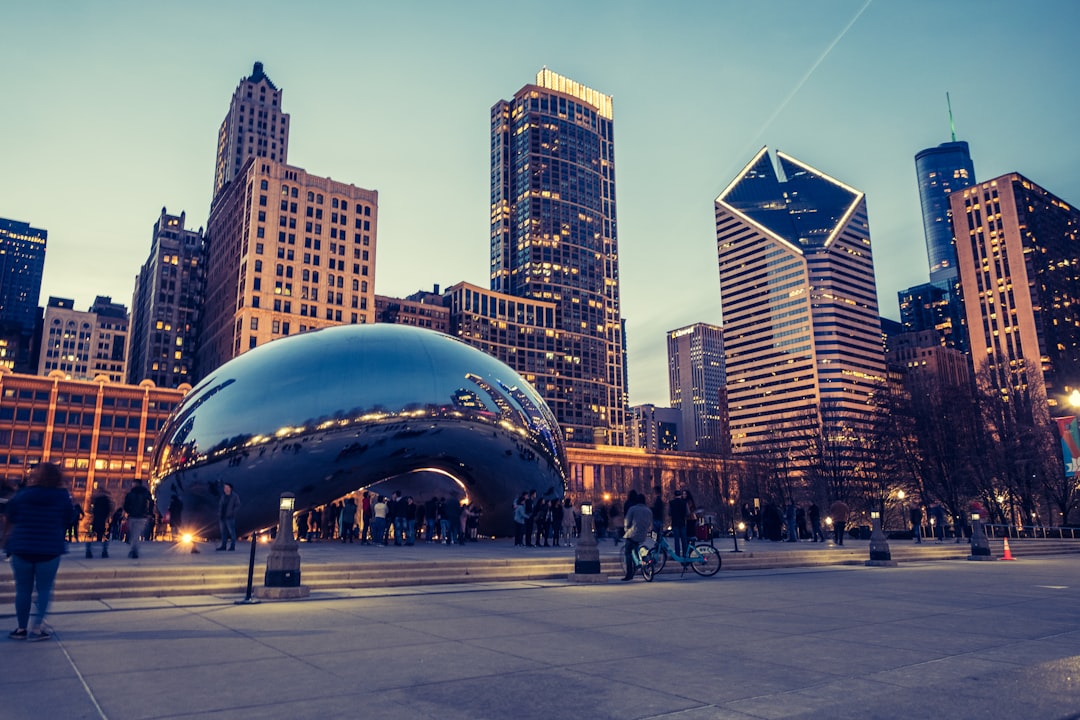Cook County residents face unique telemarketing challenges from autodialers, impacting low-income, digitally illiterate, and linguistically diverse communities most. Education programs empowering consumers about their rights and call blocking techniques are crucial defenses against fraudulent practices. Specialized autodialer lawyers in Chicago assist with legal action against perpetrators while community workshops foster trust and participation to reduce the impact of unwanted calls. The Illinois Consumer Fraud Act protects residents' privacy from unsolicited telemarketing, with Chicago actively pursuing fraud cases. Nuanced educational strategies using multimedia and local languages improve accessibility for high-risk populations.
In Cook County, unsolicited calls from autodialers targeting high-risk populations have become a growing concern. This article delves into effective strategies to combat this issue, focusing on consumer education programs tailored for vulnerable communities. We explore the unique challenges faced by these groups, including the prevalence of telemarketing fraud and its legal implications, as seen through Chicago’s regulatory lens. By understanding the root causes, we can design comprehensive educational initiatives to empower residents and protect them from autodialer harassment.
Understanding Cook County's High-Risk Population for Unsolicted Calls

Cook County, Illinois, like many urban areas, has distinct segments within its population that face unique challenges regarding unsolicited calls. These high-risk populations often include individuals with limited access to information and resources, making them more susceptible to fraudulent or aggressive sales tactics employed by telemarketers using autodialers.
Several factors contribute to this vulnerability: low income levels, lack of digital literacy, language barriers, and limited awareness of consumer rights. For instance, the older demographic within these communities may be less tech-savvy, rendering them easy targets for scammers who exploit their trust in the promise of discounted goods or services. Thus, targeted education programs are crucial to empowering these groups with knowledge about their rights, how to identify scam calls, and steps to take if they become victims.
The Role of Consumer Education in Combating Autodialer Harassment

Consumer education plays a pivotal role in empowering high-risk populations in Cook County to combat unwanted autodialer harassment. By educating residents about their rights and the mechanisms behind automated phone calls, individuals can better navigate and protect themselves from fraudulent or abusive practices. This includes learning how to identify suspicious calls, block numbers, and report excessive or illegal telemarketing attempts. Armed with this knowledge, consumers become more vigilant and less susceptible to falling victim to scams, ensuring their privacy and peace of mind.
Moreover, consumer education programs can serve as a resource for autodialer lawyers Chicago by providing evidence of widespread distress caused by these practices. With increased awareness, affected individuals are more likely to seek legal counsel, thereby increasing demand for specialized services focused on stopping telemarketing abuse. Through collective action, consumers and legal professionals can work together to hold perpetrators accountable and create a safer environment free from unwanted autodialer calls.
Legal Aspects: Chicago's Approach to Protecting Consumers from Telemarketing Fraud

In Cook County, including Chicago, consumer protection laws are strictly enforced, especially regarding unsolicited telemarketing calls. The Illinois Consumer Fraud and Deceptive Practices Act plays a pivotal role in safeguarding residents from fraudulent marketing practices. This legislation prohibits the use of an autodialer or prerecorded messages without prior express consent, ensuring consumers’ privacy and peace of mind. Chicago’s legal landscape offers a robust framework for holding businesses accountable for telemarketing fraud. Local autodialer lawyers specialize in navigating these regulations, empowering residents to take action against unwanted calls.
The City of Chicago actively pursues cases of telemarketing fraud, demonstrating its commitment to consumer education and protection. Legal actions against offending companies not only deter future violations but also provide compensation for affected individuals. By combining legal prowess with educational initiatives, Chicago aims to inform high-risk populations about their rights and the tactics used by scammers, fostering a culture of awareness and resilience against unsolicted calls.
Designing Effective Educational Programs for Vulnerable Communities

Designing educational programs that effectively reach and engage high-risk populations is a nuanced task, especially in addressing issues like unsolicited calls. Vulnerable communities, such as those with limited access to resources or low financial literacy, often require tailored approaches. In Cook County, where autodialer lawsuits by Chicago lawyers have been on the rise, it’s imperative to go beyond traditional methods.
Programmers should leverage accessible formats like multimedia content and local languages to ensure inclusivity. Interactive workshops that offer practical tips for blocking unwanted calls and educating participants about their rights can be powerful tools. Collaborating with trusted community leaders and organizations can also foster trust and encourage participation, ultimately leading to better outcomes in managing and reducing the impact of unsolicited communications.






